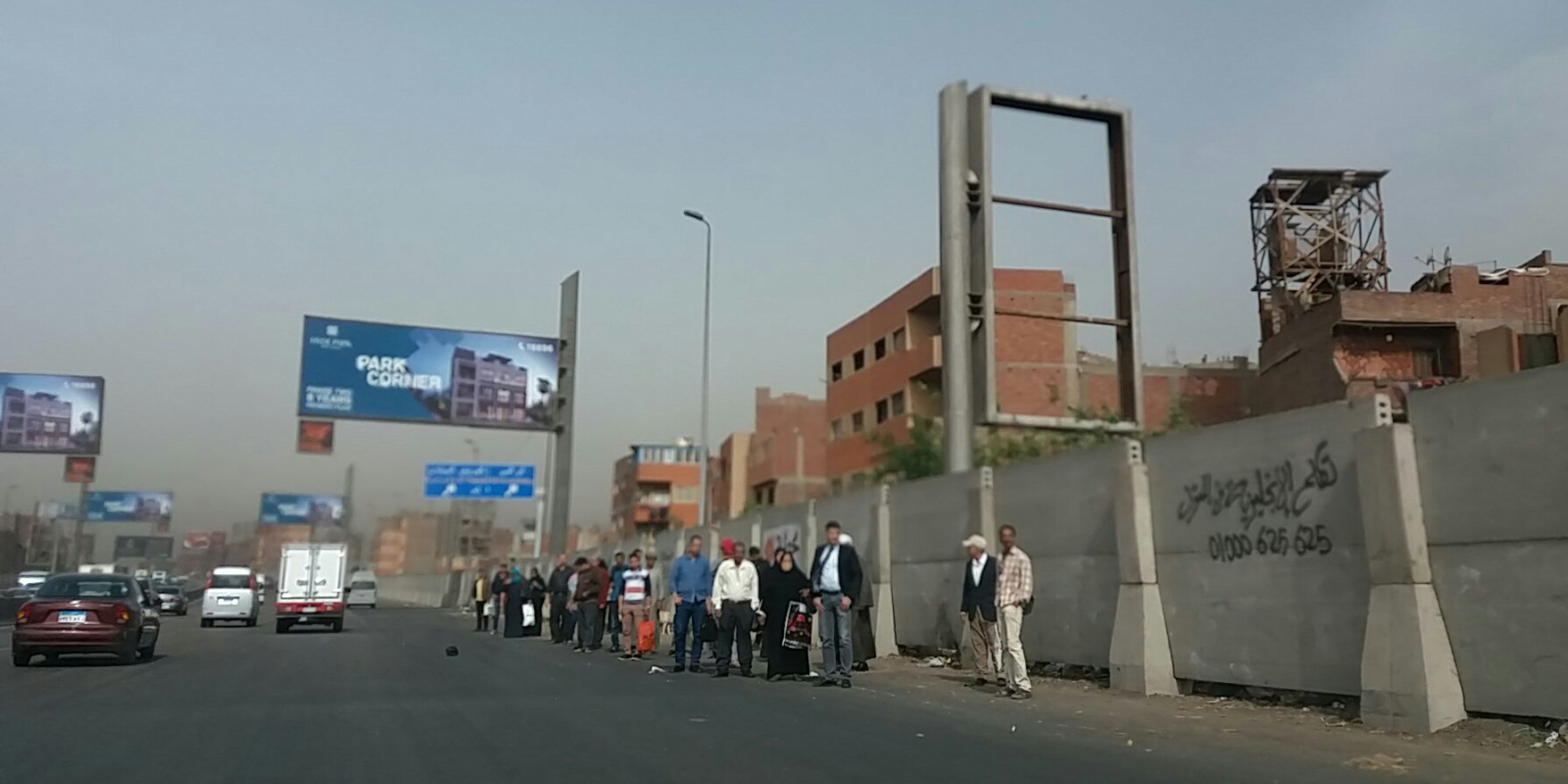
Public Transportation in MENA and Sustainable mobility
The convention, entitled “Regional Exchange Project: Public Transport in MENA” and held at the AUC Tahrir Square campus, brought together public transport initiatives from Amman, Beirut and Cairo in an aim to encourage initiatives for sustainable mobility in the region, expand networks of support and exchange local and regional expertise among different shareholders.
As the field of urban mobility is a vast and multilayered one, the conference placed a particular emphasis on urban public transportation issues, especially those that face cities’ growing demand for socially inclusive public transportation systems.
Presenters sought to outline various innovative methods to both track rider behavior in the Middle East and raise citizen awareness on practical transportation avenues. The solutions seemed to lie in developing a multi-stakeholder approach that encourages a shift towards a network view – rather than a hierarchal one – for transportation planning in complex cities.
Panelists and speakers from varied regional organizations such as MASARAT Consultancy, Digital Matatus, Transport for Cairo, Union Internationale des Transports Publics (UITP) and the International Transport Workers’ Federation all affirmed the need for changing public perceptions on transportation in MENA.
Vibrant discussions on the future of integrated public mobility networks in the region similarly highlighted the critical need for bridging the gaps between the private sector, civil society and decision-makers. Access to information and data were presented as the main area that focused efforts by all stakeholders still need to be earnestly directed towards.
The way forward was agreed to lie not only within the realms of accessing data and utilizing technology, but also in facilitating citizen engagement in the public affairs of transport. In order to create transportation networks derived from these methods, needs-based and user-centered approaches are very much needed.
On the whole, the two-day conference was a valuable step towards critically addressing public transportation in the region and setting the stage for more collaborative implementation in the near future.
